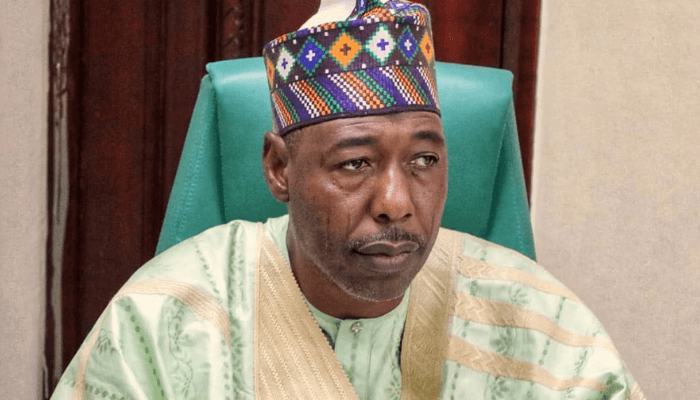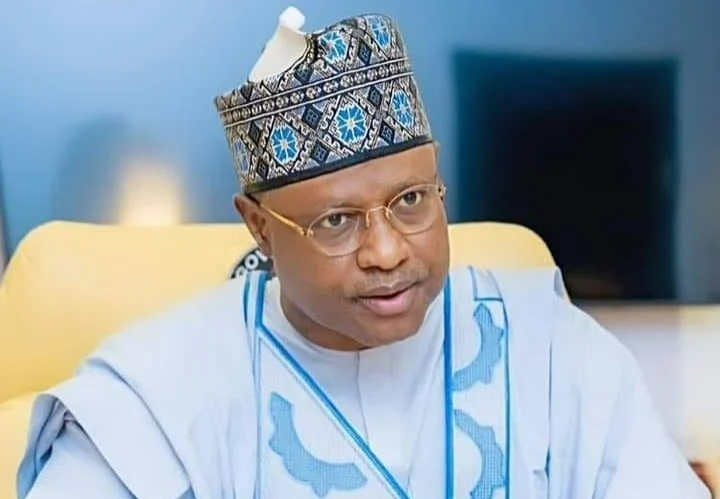The Federal Government announced on Wednesday that it has achieved substantial progress in discussions with Development Finance Institutions to establish a Special Purpose Vehicle aimed at expanding the country’s fibre optic network by 90,000 kilometers.
The Minister of Communications and Digital Economy, Bosun Tijani noted a productive discussion with stakeholders, outlining the SPV’s next steps.
This was disclosed in a post by the Minister on his official X account.
He said, “We had an extremely productive conversation with Development Finance Institutions and other stakeholders to identify and outline steps towards setting up the SPV to build out 90,000 km of fibre optic connectivity across Nigeria.”
This follows the recent government’s approval in May, with significant work made over several months to improve internet connectivity, particularly in rural and neglected areas.
The SPV, which would oversee the project’s implementation, finances, and operations, will be modeled after successful public-private partnerships such as the Nigeria Inter-Bank Settlement System (NIBSS) and Nigeria Liquefied Natural Gas (NLNG).
The project will expand Nigeria’s existing fibre optic cable infrastructure from 35,000 km to 125,000 km, making it Africa’s third-longest terrestrial fibre optic backbone after South Africa and Egypt.
This program intends to strengthen the national internet backbone and make better use of the eight underwater cables that have already arrived in Nigeria.
Tijani thanked the Minister of Finance and Coordinating Minister of the Economy, Wale Edun, the World Bank, and various other partners for their participation in this project.
“With this project, we are committed to fundamentally improving connectivity across the country and enhancing the lives of all citizens,” Tijani added.
Two weeks ago, the Nigerian government began discussions with the World Bank about the project, which is projected to expand the country’s digital economy. An additional 90,000 kilometers of fiber optic cable will secure the inclusion of at least half of the 33 million Nigerians who are now without internet access, according to The Punch.
The minister emphasized the project’s potential economic benefit, estimating GDP growth of up to 1.5 percent per capita, taking GDP from $472.6 billion in 2022 to $502 billion over the next four years.
The National Broadband Plan 2020-2025 addresses three of the eight priorities allocated by the Nigerian government to the Federal Ministry of Communications and Digital Economy and the parastatals it oversees.
These priorities include the implementation of broadband connectivity, the deployment of 4G across the country, and the development of a digital economy policy and strategy,” according to the Ministry’s document











